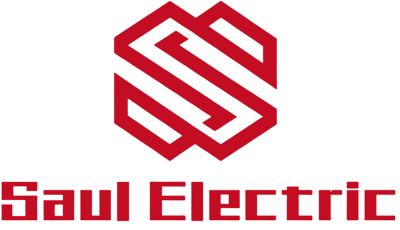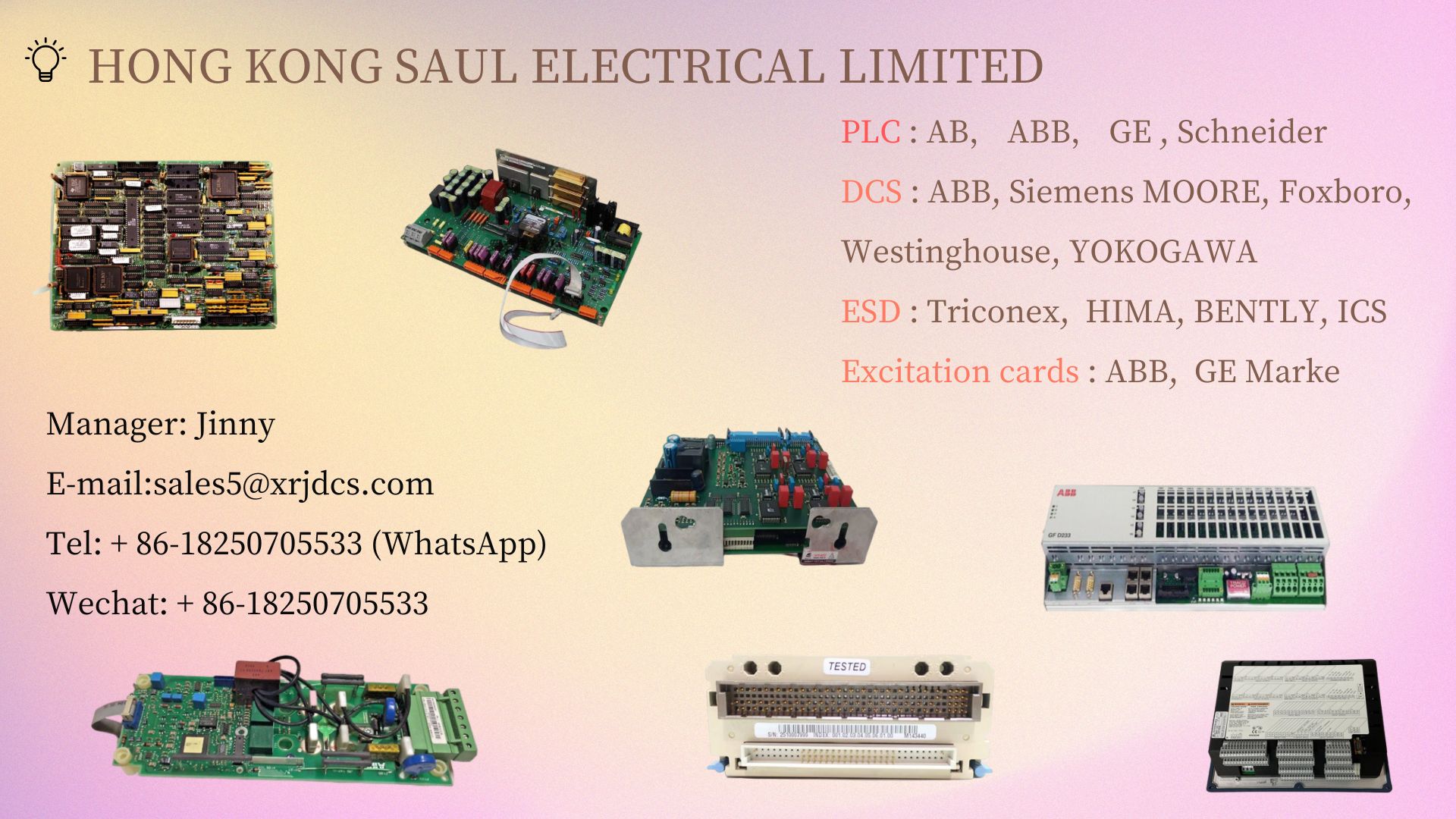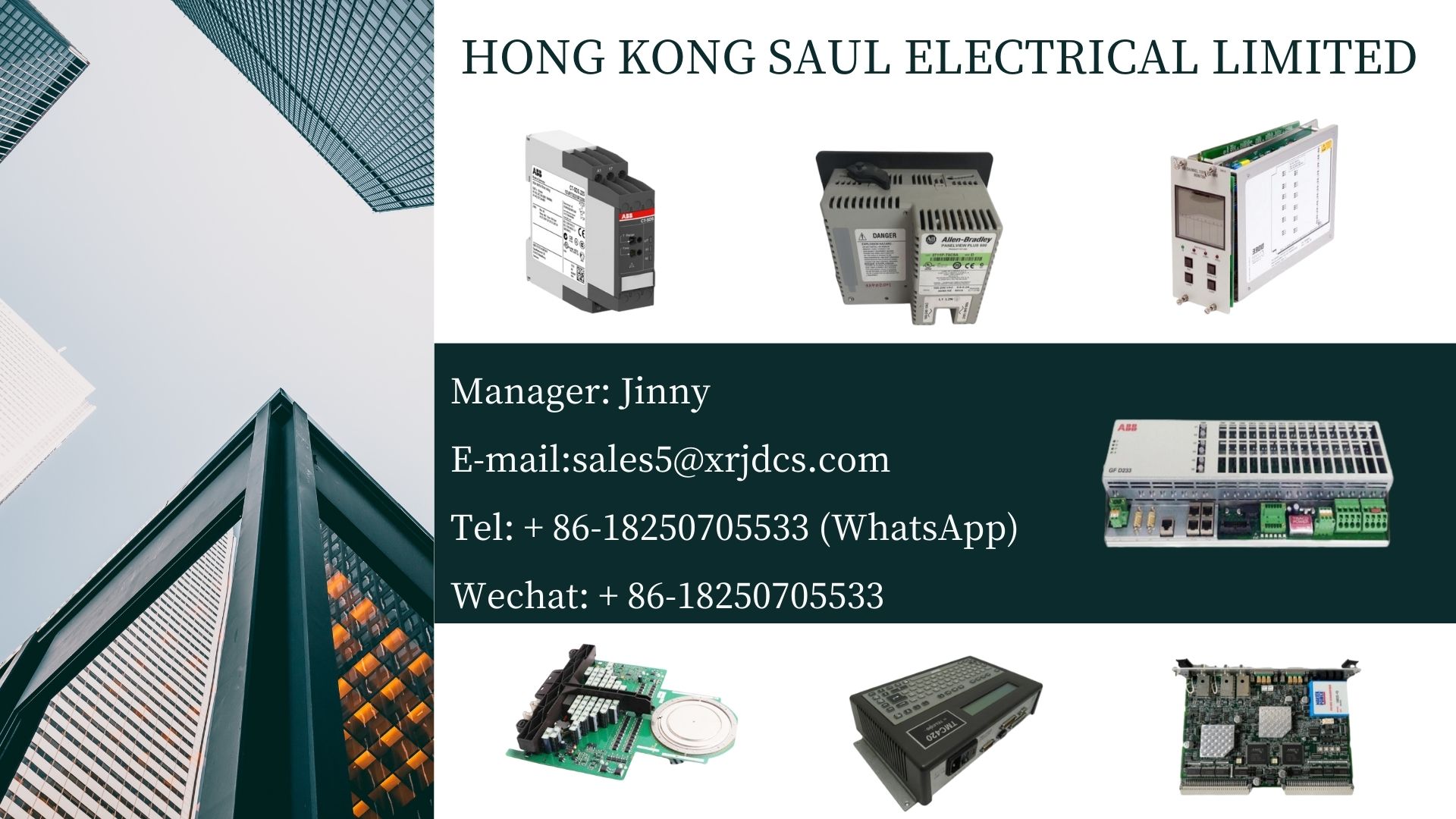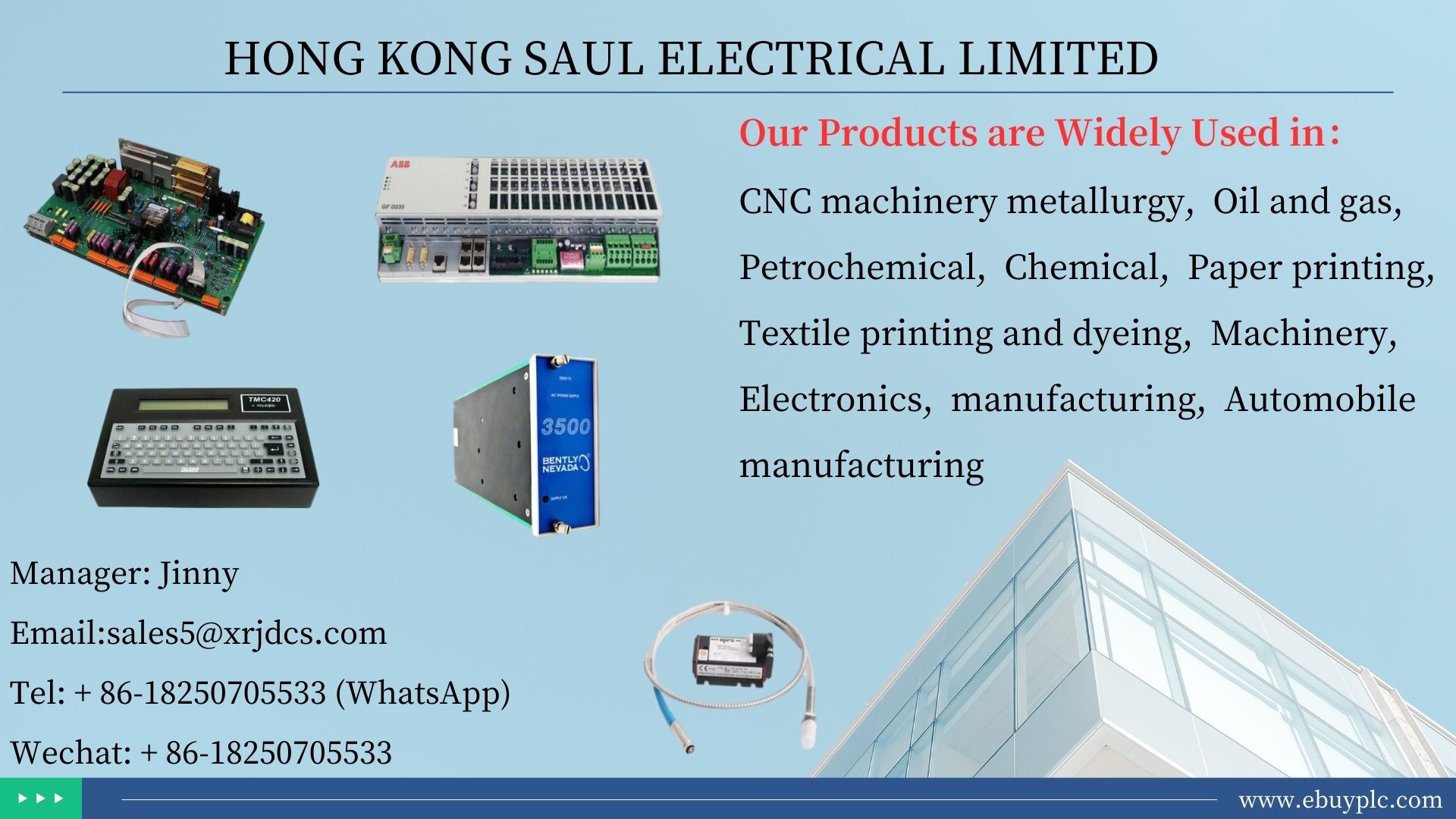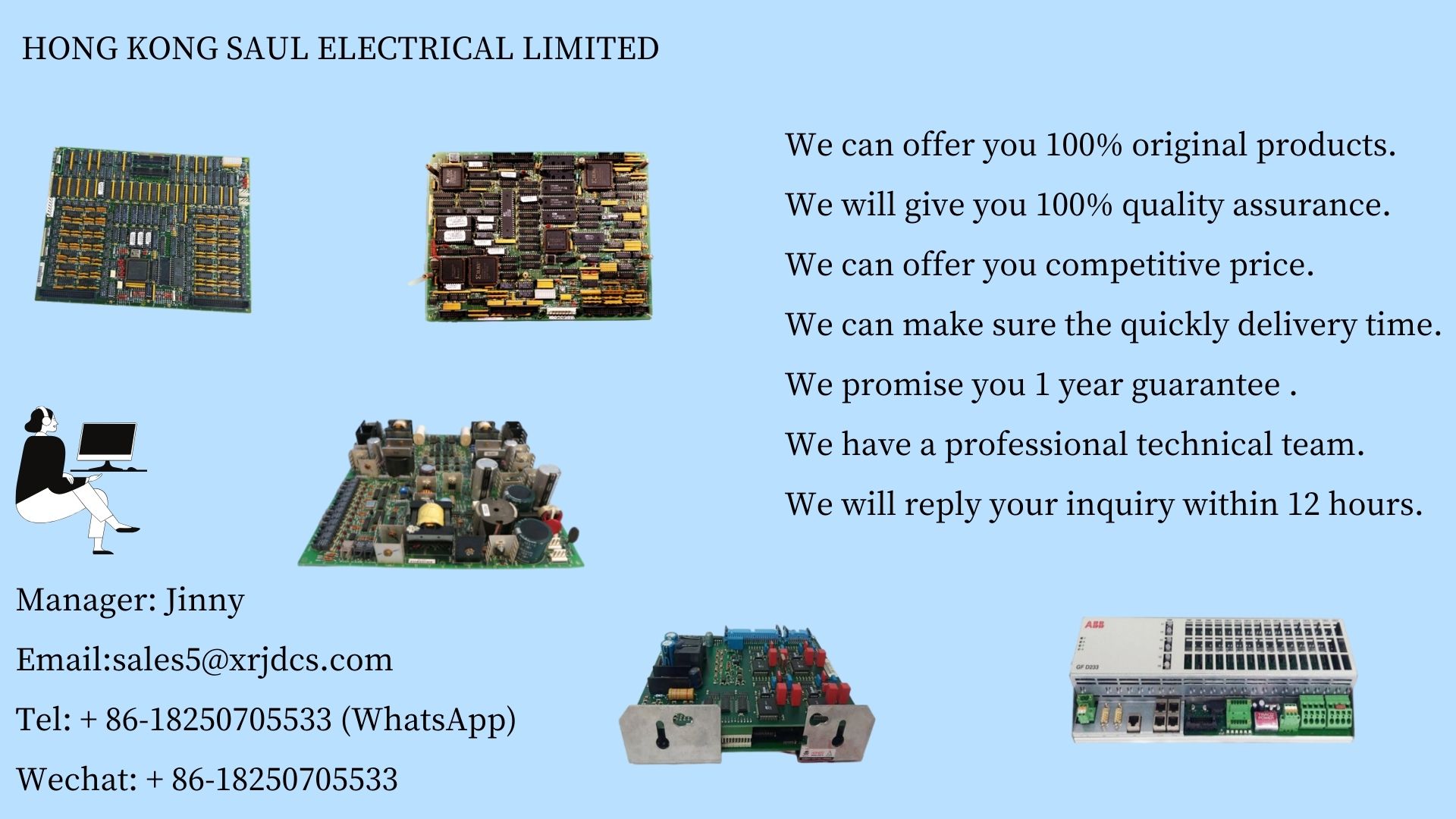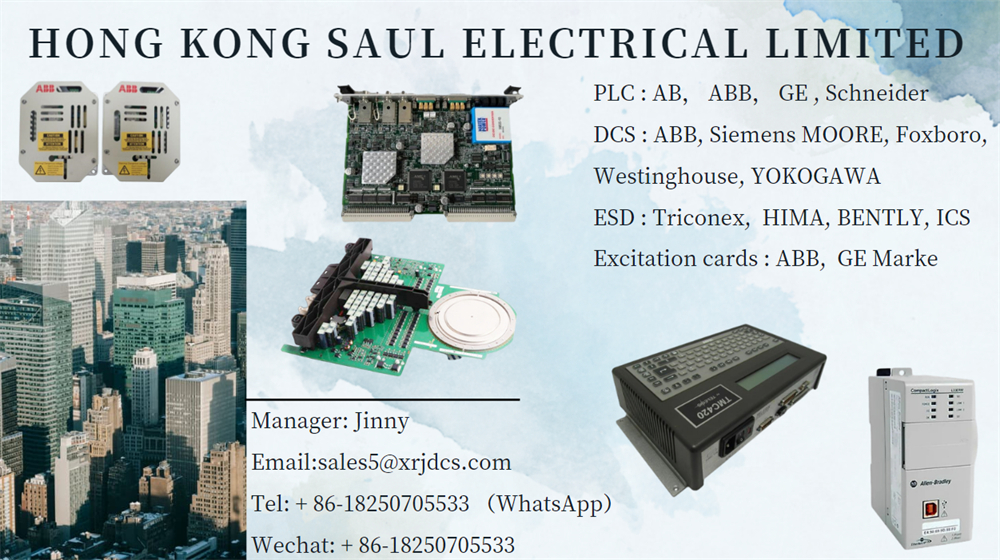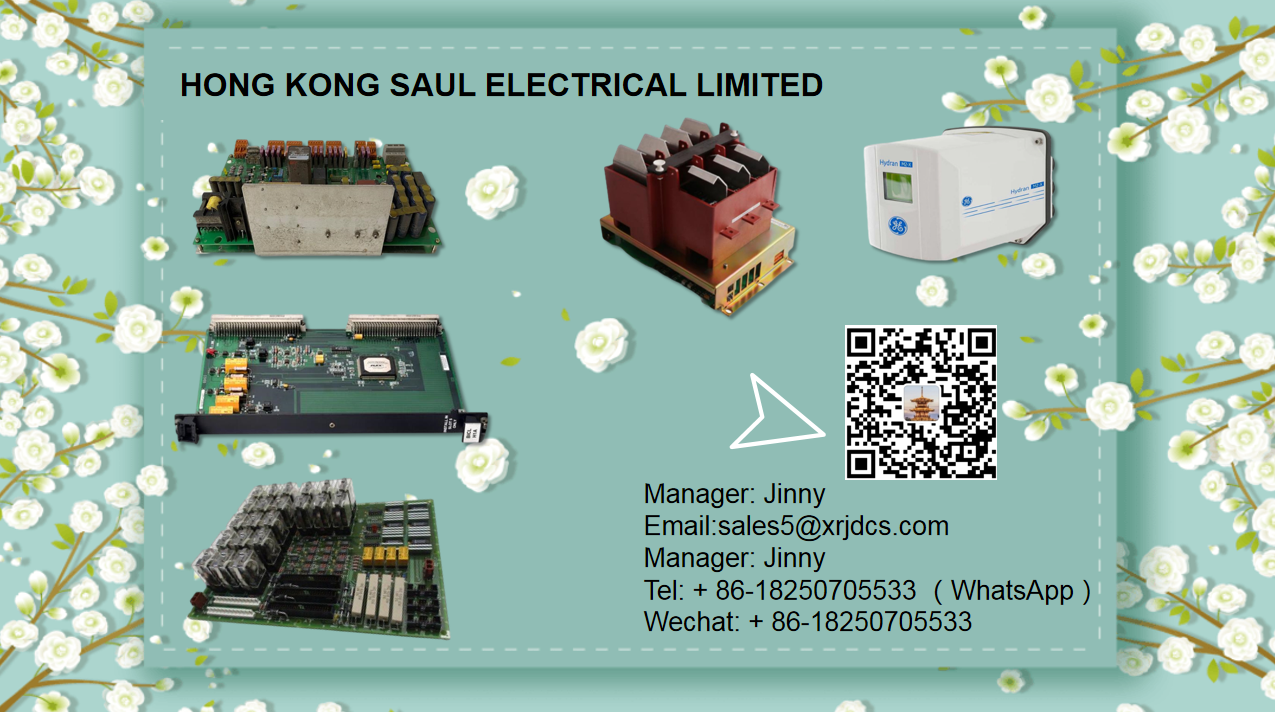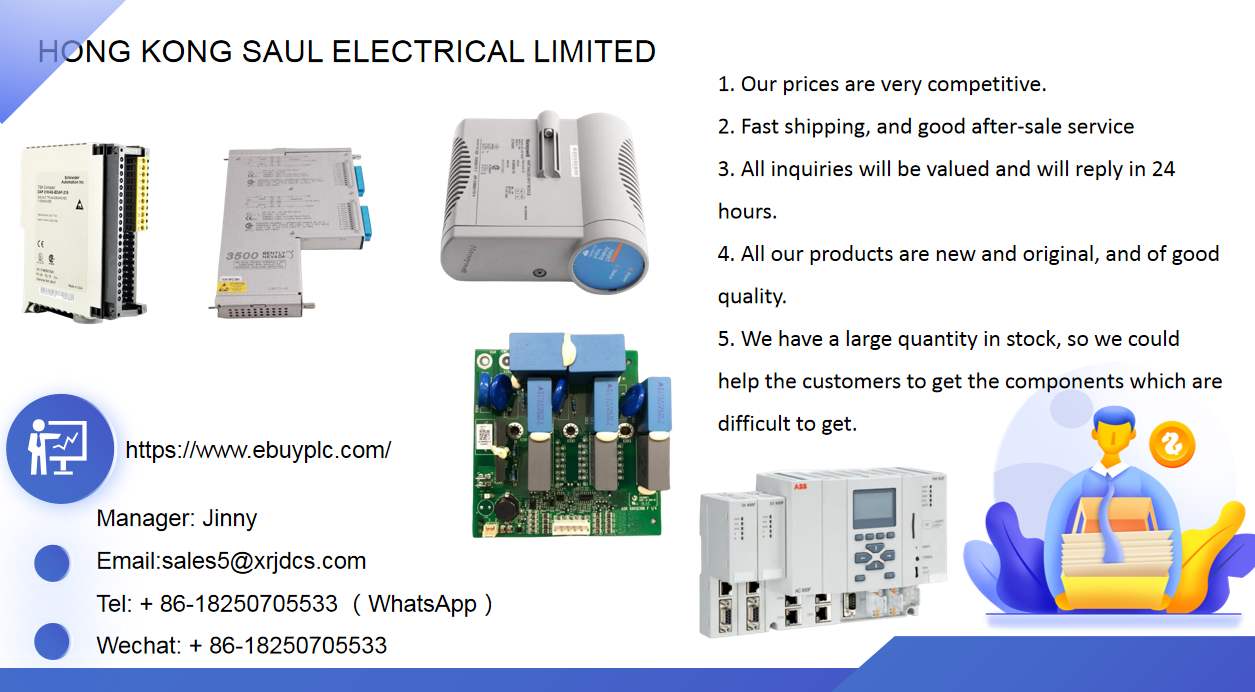What is the difference between discrete manufacturing and process manufacturing?
Discrete manufacturing and process manufacturing are two main types of manufacturing. Discrete manufacturing products are made up of multiple components, while process manufacturing products are not divisible. The two differ significantly in terms of product form, product variety, processing process, and production organization.
Product form
Discrete manufacturing products are made up of multiple components, while process manufacturing products are not divisible. For example, a car is made up of multiple components such as an engine, body, and chassis, while steel is not divisible.
Product variety
Discrete manufacturing products are of a wide variety and can be designed and manufactured to meet different needs. For example, furniture, electronics, and cars are all discrete manufacturing products. Process manufacturing products are relatively less diverse, and are typically standardized products. For example, steel, cement, and chemicals are all process manufacturing products.
Processing process
The processing process of discrete manufacturing is typically discrete, consisting of a series of processing operations. For example, the production process of a car includes engine manufacturing, body manufacturing, chassis manufacturing, and assembly. The processing process of process manufacturing is typically continuous, consisting of a series of chemical or physical reactions. For example, the production process of steel includes the smelting, forming, and rolling of raw materials.
Production organization
The production organization of discrete manufacturing is typically flexible and can be adjusted according to demand. For example, automobile manufacturing companies can adjust production plans according to market demand to meet the needs of different customers. The production organization of process manufacturing is typically fixed and difficult to adjust according to demand. For example, the production process of a steel mill is typically fixed and cannot be adjusted according to market demand.
Production management
Production management in discrete manufacturing is typically complex, requiring consideration of multiple factors such as component procurement, production planning, and quality control. Production management in process manufacturing is relatively simple, primarily considering factors such as raw material supply and production costs.
Typical industries
Typical industries for discrete manufacturing include: mechanical manufacturing, electronics manufacturing, automotive manufacturing, and furniture manufacturing. Typical industries for process manufacturing include: steel manufacturing, chemical manufacturing, and food manufacturing.
In conclusion, discrete manufacturing and process manufacturing differ significantly in terms of product form, product variety, processing process, and production organization. Discrete manufacturing products are of a wide variety, the processing process is typically discrete, and the production organization is typically flexible. Process manufacturing products are relatively less diverse, the processing process is typically continuous, and the production organization is typically fixed.
